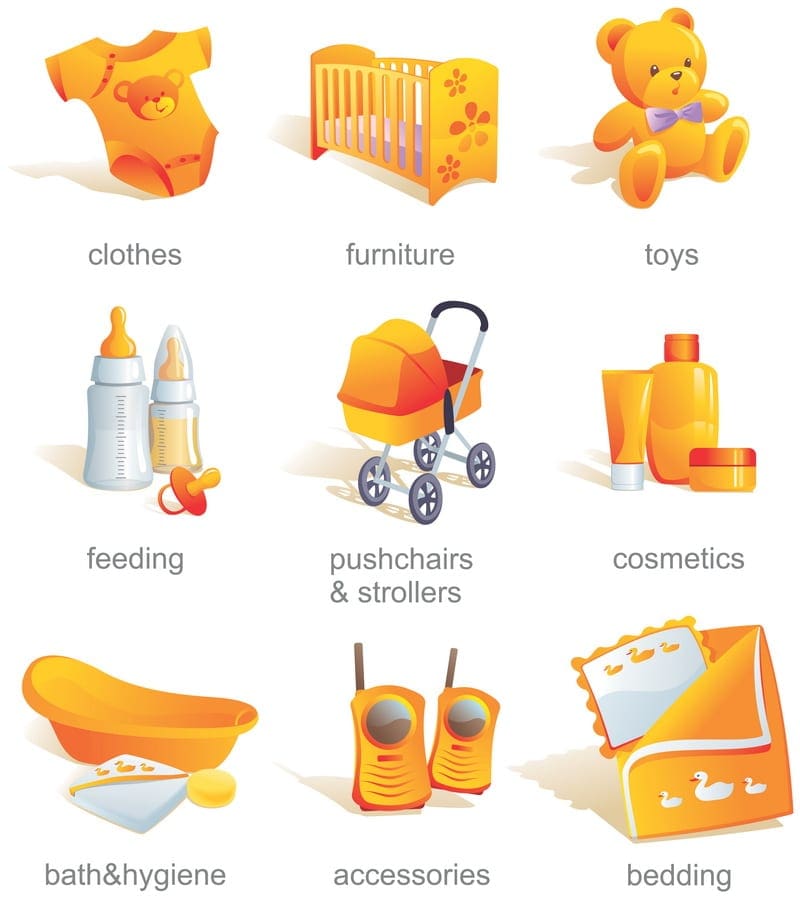Childhood anxiety disorders are extremely traumatic for any child and can have a profound effect on their parents. When parents see their child struggling with fears, they often don’t know where to turn to get the answers and support they need.
Fortunately, there are screening tools for childhood anxiety disorders that are easy to access online. These can help parents identify whether their child is struggling with an anxiety disorder and get the support they need.
There are many screening methods available to help determine the severity of a child’s anxiety disorder. These screening methods can be found online and can help you choose the best course of treatment.
The online screening is a series of questions such as:
· When your child enters a stressful situation, does he or she react by clinging, freezing, or having a temper tantrum?
· Have you noticed a downturn in your child’s grades at school, refusal to go to school, and avoidance of social activities?
· Have you noticed that your child has many unfounded fears about situations such as storms or performing in front of a group?
Anxiety disorders are a serious mental health condition that can cause significant problems in a child’s life. Symptoms of anxiety disorders can include crying, feeling sick, clinginess, and obsessing over thoughts such as you dying or becoming ill. If you think your child may be experiencing anxiety, it’s important to talk to a mental health professional.
After screening for a childhood anxiety disorder and finding that your child has one, you and your physician should sit down and decide what the next step will be to help your child cope. It may be as simple as learning how to calm the child and teaching him a few effective strategies for dealing with his anxiety, or it may be more involved, such as therapy or medication. No matter what the next step is, remember that you are not alone in this and there is help available to get your child back to a healthy, happy state.
There are many options available when it comes to helping children deal with anxiety and fear. One option is to have your child work with a professional therapist who is much more skilled in how to help children reduce their anxiety and fear. This can help your child enjoy life to the fullest and feel more confident.
Group therapy can be incredibly effective for children when they realize that other kids are experiencing the same feelings as them. This realization can help them see that they’re not alone in what they’re going through. A professional therapist may be able to suggest group therapy as a possible treatment option for your child.
Prolonged anxiety in children can result in mental disorders such as depression, OCD, and prevent them from enjoying life.
When approaching a screen for a childhood anxiety-related disorder, it’s important to do so in a calm and helpful manner. In younger children, you may be able to help them look at the screening as a game, where they’re going to answer questions about how they feel. After the diagnosis, you can better determine the right course of action for your child. This may include cognitive behavioral therapy, medication, or a combination of both.











